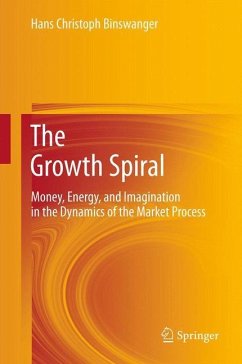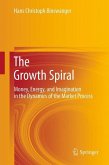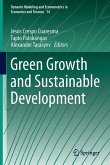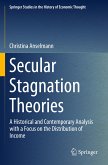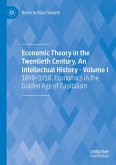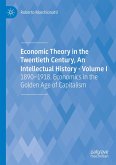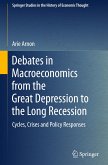This book develops a new theory of the modern economy. Conventional economic theory is (still) based on an essentially static notion of equilibrium. In contrast, this book offers an analysis of the economic process based on a truly dynamic approach. It understands modern economic activity as manifesting itself in a growth spiral. There are two main drivers of the dynamics of this spiral: steady money creation in the banking system, on the one hand; and the continuous inflow of energy and raw materials through the exploitation of natural resources, on the other. Both driving forces are generally neglected by the conventional theory. Understanding their role is absolutely essential for preventing our economy from being more and more exposed to financial and ecological crises. This book offers important insights about the functioning of the modern economy and addresses the specialist as well as the interested lay reader.
From the reviews:
"The subtitle of the book encapsulates the author's ambitious research agenda combining growth theory, monetary policy, environmental economics, economy history, and economic dynamics to build 'the foundations for a new theory of the modern economy.' ... This book is intended to appeal to a broad audience of academics, policymakers, and lay readers." (Jesse Perla, Journal of Economic Literature, Vol. LI (4), December, 2013)
"The subtitle of the book encapsulates the author's ambitious research agenda combining growth theory, monetary policy, environmental economics, economy history, and economic dynamics to build 'the foundations for a new theory of the modern economy.' ... This book is intended to appeal to a broad audience of academics, policymakers, and lay readers." (Jesse Perla, Journal of Economic Literature, Vol. LI (4), December, 2013)

